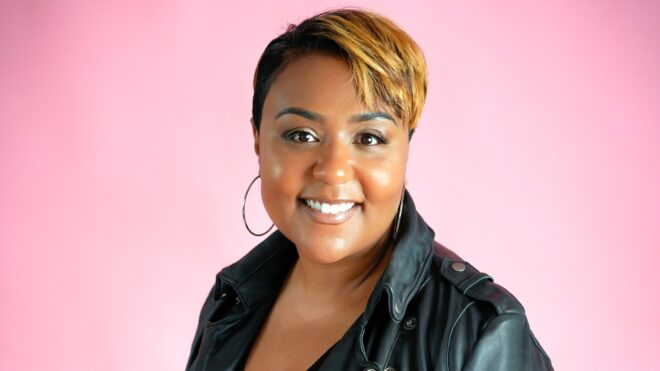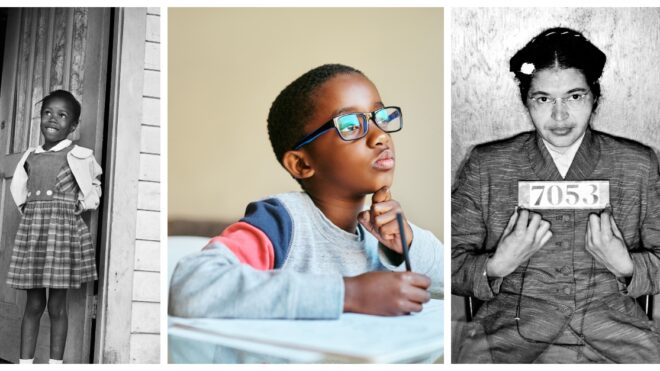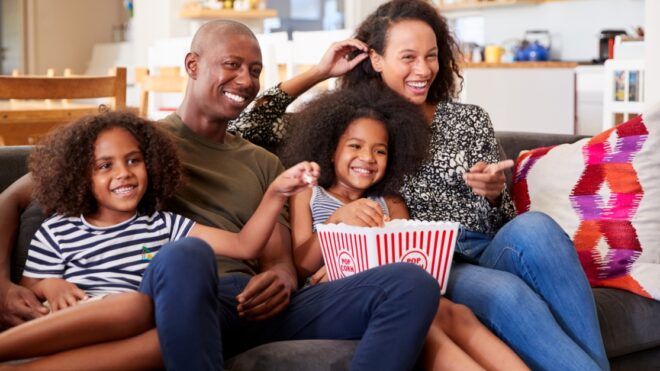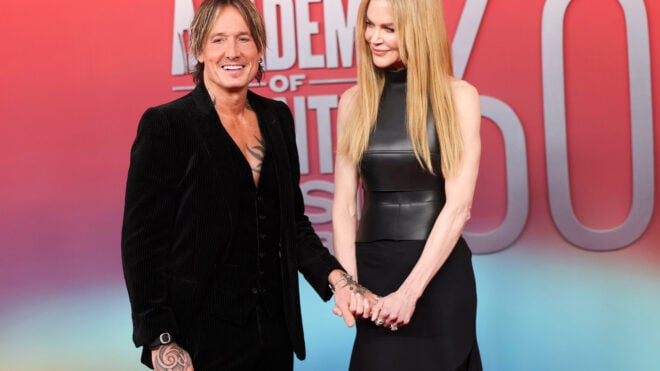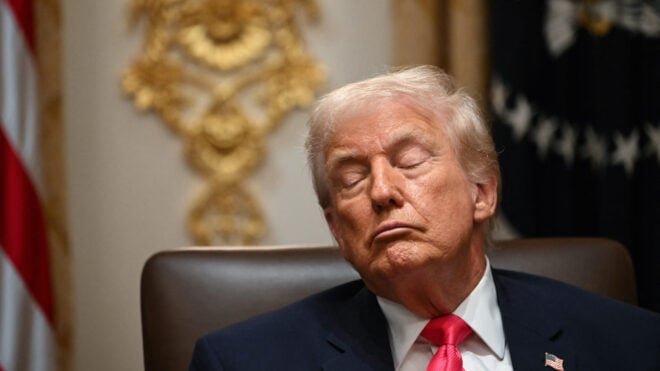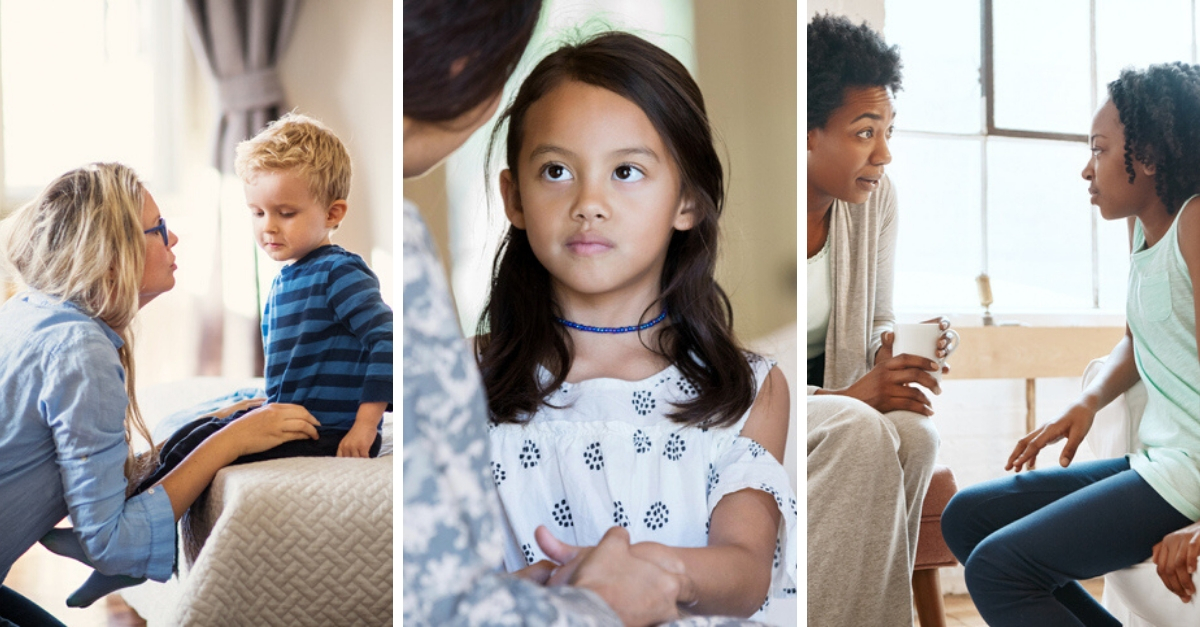
Many parents were surprised to discover that children's channel Nickelodeon had found some poignant ways to address the death of George Floyd in 2020. Criticism began when the children's channel went off the air for eight minutes and 46 seconds, the time in which he was pinned to the ground. The channel also shared its kids' declaration of rights.
Nickelodeon then aired the same commercial as other Viacom-owned channels. The words "I can't breathe" emerge and dissipate from the screen for the same amount of time. Heavy breathing accompanies the words. Viewers were later asked to join Color of Change in its mission to reform the criminal justice system.
Some parents were upset by the action. They argued that presenting the information in this way was "scary." They feel that they should control the conversation with their child when it comes to race and injustice.
Every parent should be speaking to their children about what's going on in the world right now. It doesn't matter what your race is or how old your children are. If parents choose not to talk to children, they need to recognize where we are in history. We've reached the point where society will do the parenting you decline to. The ability to control the narrative is yours, but the time to avoid or ignore it is no longer.
That said, these conversations are complex and nuanced. It's hard to figure out how much your child can digest. There are resources to help you talk to kids about race and injustice. Whether you're a black parent who is looking for a new way to approach a subject that's been spoken about in your home before or a white parent unsure of where to begin, there are resources available to you that will facilitate those conversations so that they're fact-based, thorough, and age-appropriate.
Many parents have operated under the idea that you only have to talk to your child about race under certain circumstances. That time has come and gone. Children of all races need to learn about race and racial injustice experienced throughout history around the world.
Dr. Ashaunta Anderson and Dr. Jacqueline Dougé believe it's important for parents to recognize how early children begin understanding race and developing biases. According to their article for HealthyChildren.org, babies as young as 6 months old begin recognizing race-based differences. From ages 2 to 4, children can begin internalizing racial biases.
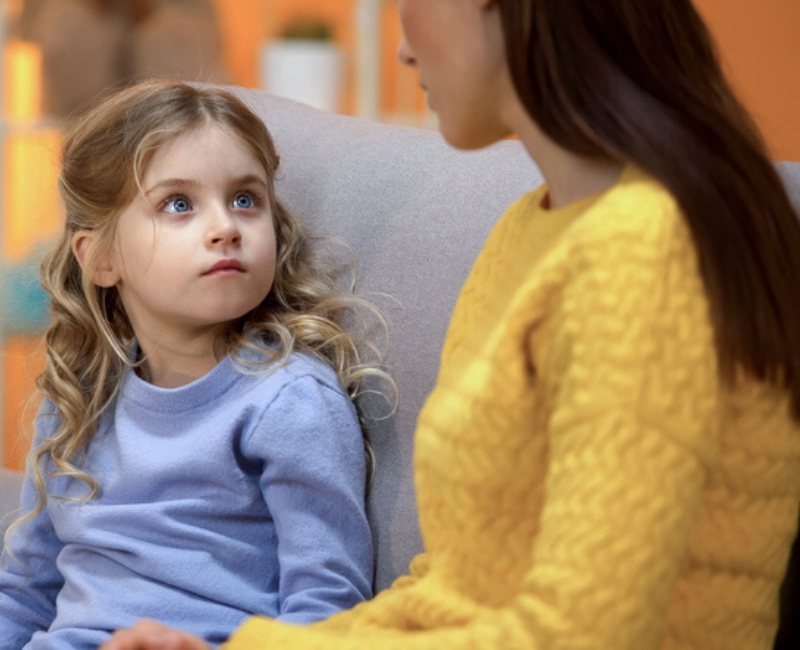
Our country is waking up to the hard work many privileged individuals have been able to opt out of. We are all responsible for teaching our kids about race and the history of racial injustice, including instances in the present day.
As parents prepare to do that work, there are resources to help you navigate conversations you may be having for the first time. They can also provide you additional approaches if this is a continuing conversation in your home. You'll want to refer back to these resources often, as these conversations shouldn't be made up of a single dialogue.
Resources for Young Kids
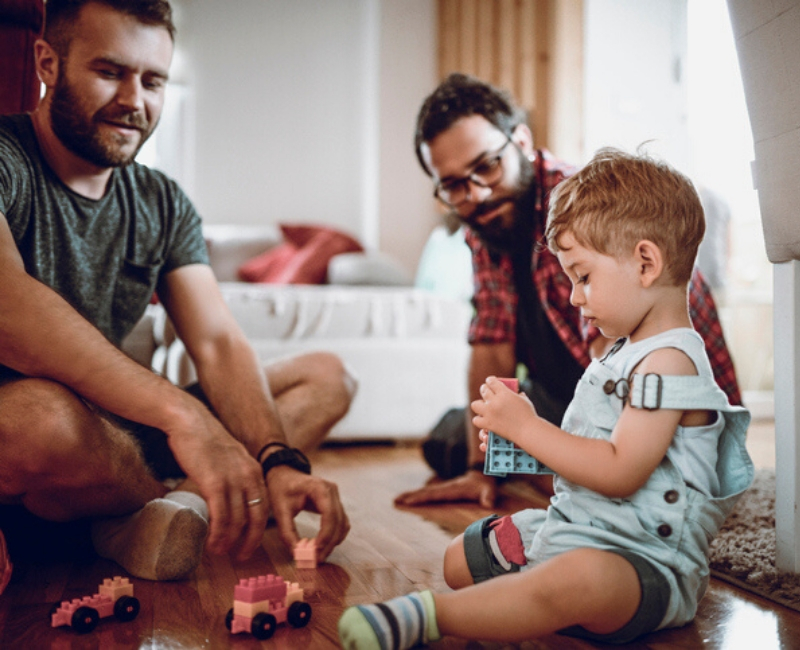
Talking to children early is incredibly important in developing their understanding of race and racial inequality. It's important to scale information down to be simple for little minds to understand. Have shorter conversations with kids so that they can soak up more over time.
When beginning these conversations at this age, you have the opportunity to set the tone for a longer term. Emphasize all the wonderful things diversity has brought us. Share stories featuring all different kinds of figures, including activists and inventors from diverse backgrounds.
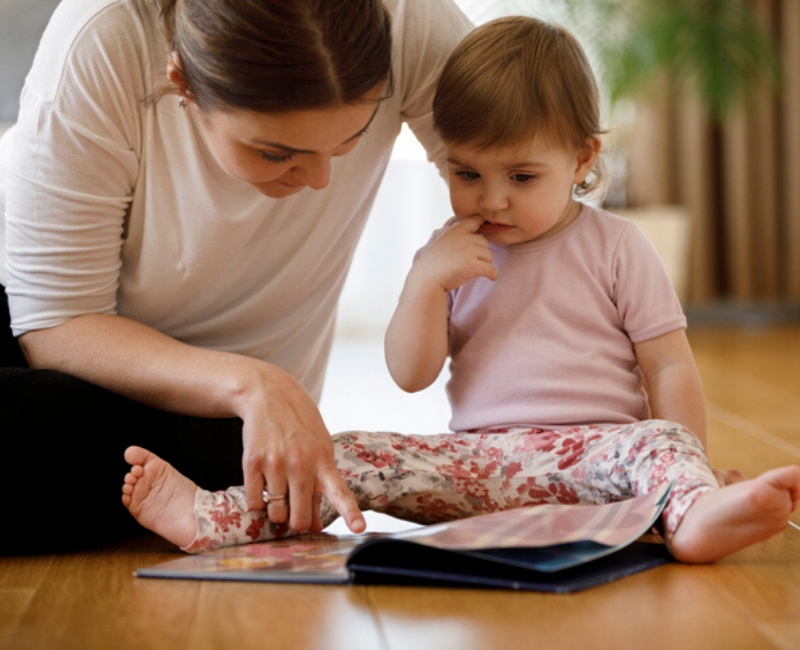
Kids at this age are developing a love of reading. When introducing them to fictional worlds, make sure to read books with diverse characters. With nonfiction, highlight lesser-known stories of heroes that should be celebrated more.
Books:
- The Day You Begin by Jacqueline Woodson
- Hidden Figures: The True Story of Four Black Women and the Space Race by Margot Lee Shetterly
- Little Leaders: Bold Women in Black History by Vashti Harrison
- Let the Children March by Monica Clark-Robinson
- Whose Toes Are Those? by Jabari Asim
- Lovely by Jess Hong
- The Snowy Day by Ezra Jack Keats
- Sit-In: How Four Friends Stood Up by Sitting Down by Andrea Davis Pinkney
- Alma and How She Got Her Name by Juana Martinez-Neal
- Bilal Cooks Daal by Aisha Saeed
- Drawn Together by Minh Le
- Fry Bread: A Native American Family Story by Kevin Noble Maillard
- Mommy’s Khimar by Jamilah Thompkins-Bigelow
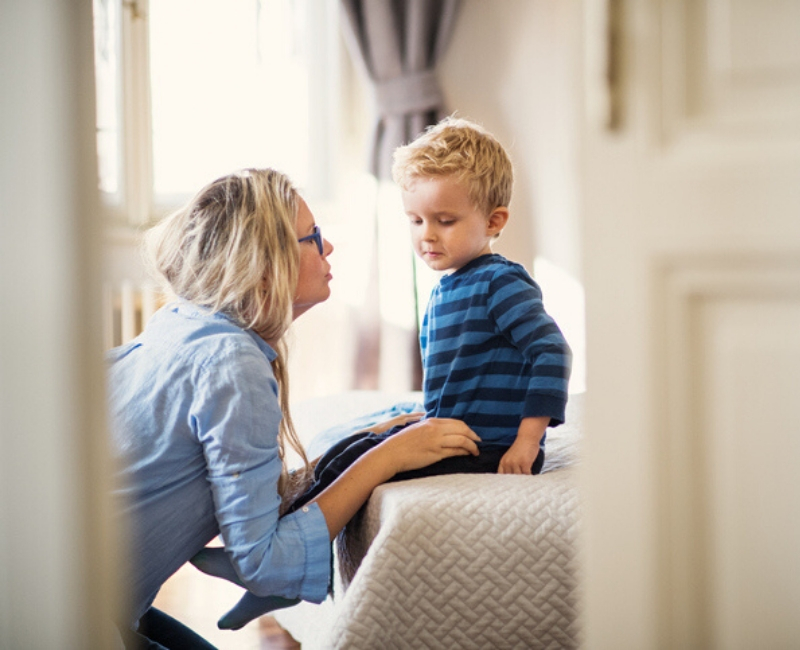
For parents, podcasts are great because you can listen to them just about anywhere. For kids, it's a great medium to explore also. Little ones may feel overstimulated by TV or tablets, but they do incredibly with an audio-only medium.
Podcasts:
- “Talking Race With Young Children” (from the Parenting: Difficult Conversations series on NPR)
- “Raising White Kids Author on How White Parents Can Talk About Race” (interview with author Jennifer Harvey)
- “Why Are There So Many Different Languages?” (from But Why? A Podcast for Curious Kids)
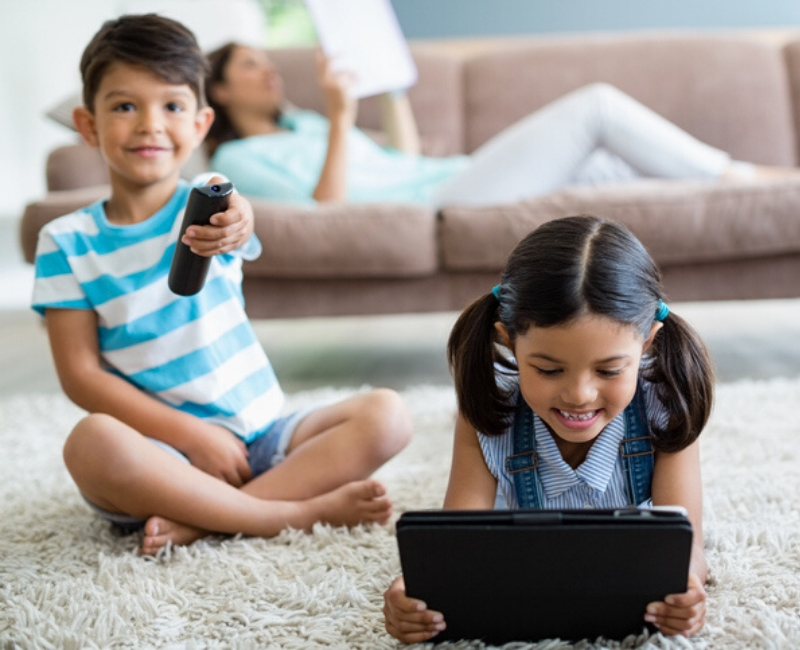
TV shows for young children have gotten much better at telling diverse stories, but there's work to be done. Make sure to not only expose your kids to diverse characters but to discuss and celebrate their differences.
TV & Film:
- Sesame Street‘s “I Love My Hair”
- “Is My Skin Brown Because I Drank Chocolate Milk?” — a TEDx talk by Beverly Daniel Tantum
- Nella the Princess Knight
- Doc McStuffins
- Sid the Science Kid
- Motown Magic
Resources for Grade Schoolers
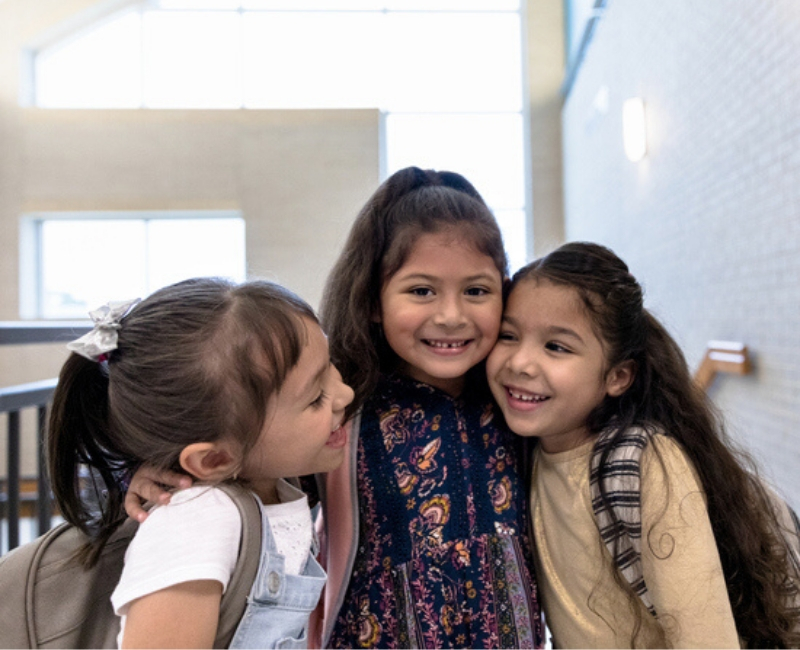
Grade schoolers are more likely to pay attention to the opinions of those around them and share them with others. If your child expresses some biases, don't be discouraged. You can talk through why they think a certain thing and turn it into a discussion where you give them a clearer perspective.
Kids at this age will also challenge things you do that may be rooted in bias. It's important to acknowledge and correct your own problematic thinking. It's a good example for kids that opinions can change as you become more or differently informed.
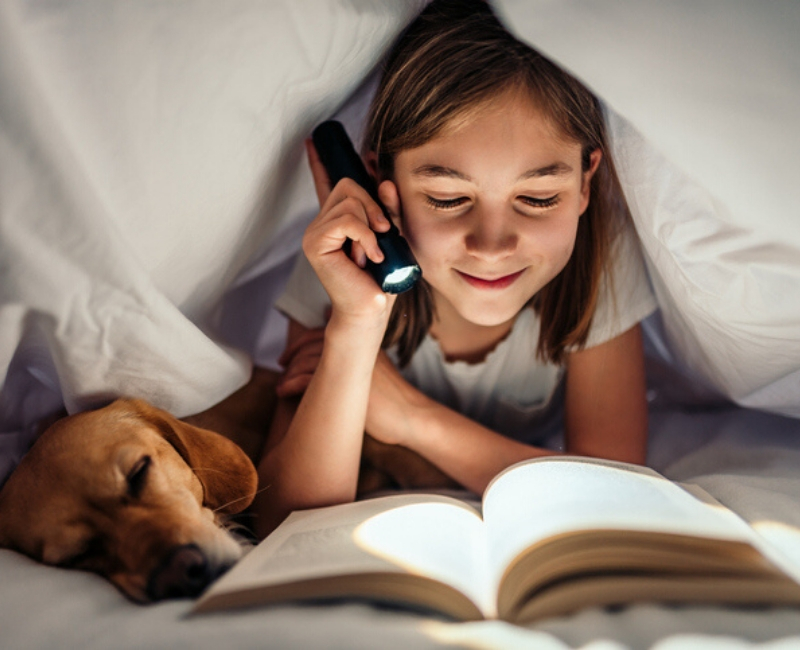
Kids this age are starting to grow into their reading abilities. Once they master reading texts, begin the instruction of teaching them to read it critically. If a book has no people of color, discuss why that might be. If behavior by characters in books is going unchecked, determine if it's to serve the plot or if it's an exhibition of author biases. Teaching kids how to enjoy media but criticize it is important to raising kids who can think critically.
Books:
- Let’s Talk About Race by Julius Lester
- A Kids Book About Racism by Jelani Memory
- Someday Is Now: Clara Luper and the 1958 Oklahoma City Sit-Ins by Olugbemisola Rhuday-Perkovich
- Malcolm Little: The Boy Who Grew Up To Become Malcolm X by Ilyasah Shabazz
- Separate Is Never Equal: Sylvia Mendez & Her Family’s Fight for Desegregation by Duncan Tonatiuh
-
The Book Itch: Freedom, Truth, and Harlem’s Greatest Bookstore by Vaunda Micheaux Nelson
- The Season of Styx Malone by Kekla Magoon
- The Crossover by Kwame Alexander
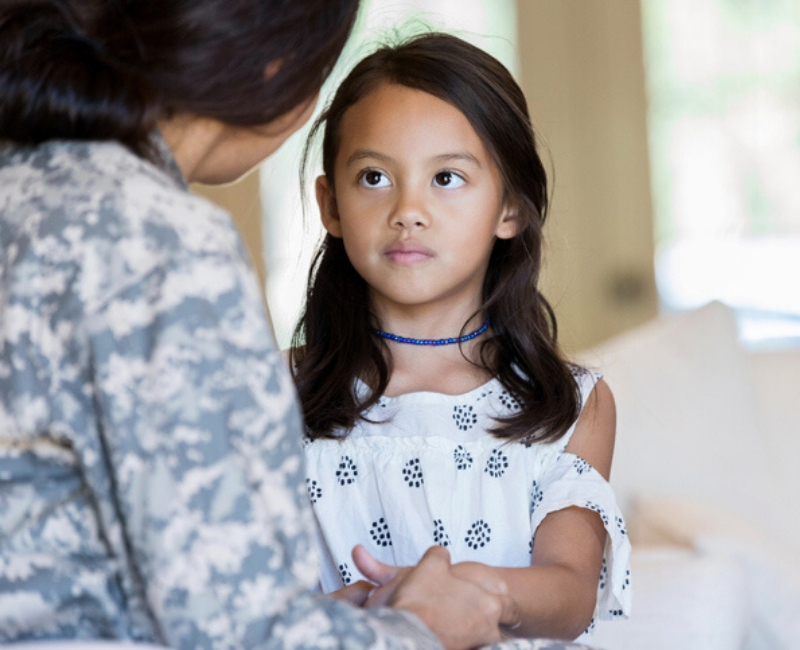
Kids are able to pay attention to something a little longer at this age. Listening to podcasts is a nice compromise for kids who crave screen time. Encourage them to listen to diverse creators as well as listening critically to whatever they might like.
Podcasts:
- NPR’s Code Switch for Kids — a list of Code Switch‘s usual episodes edited for language and content for younger listeners
- KidNuz, a five-minute daily news podcast for kids
- Short and Curly, an ethics podcast for kids that asks questions critical thinkers will ask themselves, like “Is it ever okay to lie?” and “Are we really free?”
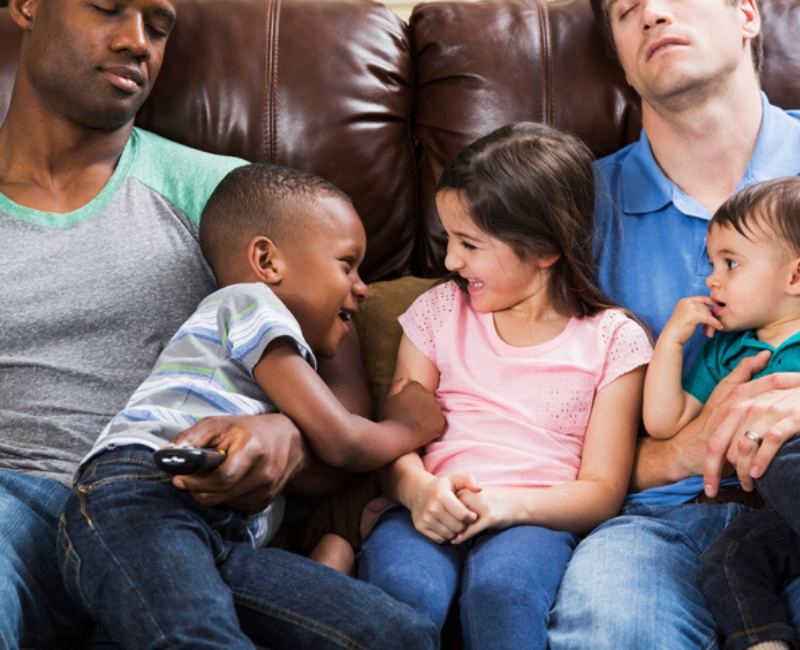
As kids develop longer attention spans and develop their own tastes in TV and film, you'll watch a huge variety of things. Don't be afraid to call out stereotypes or injustices when you see them. A continuous dialogue helps keep a child aware.
TV and film:
Resources for Tweens and Teens
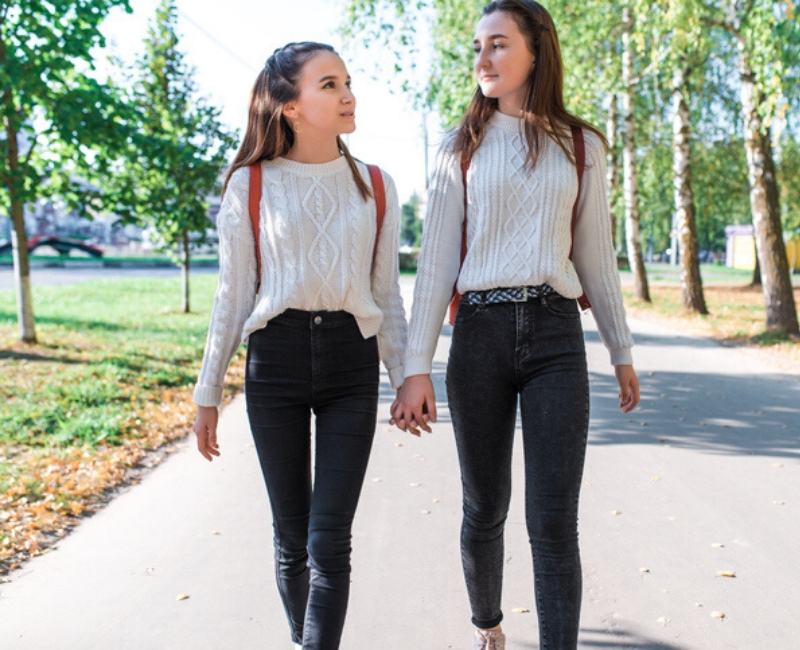
As your child transforms from older kid to young adult, you have the opportunity to have deeper, more complex conversations about society. Kids are also pretty impressionable during this time, which is why it's important to have these conversations. There are many toxic subcultures online that encourage kids to think with hate and bias at the forefront. You want to continue to build on their critical thinking skills as they come closer to an age where they'll have to form opinions and make decisions without guidance. Ask questions that aren't accusatory or invasive but rather explore their perspective.

By now, it's likely your kid is picking out books for themselves. Pay attention to their picks and see what, if anything, is missing. A book is a great gift for any occasion, so you'll have opportunities to add to their collection. You can also read things book-club style and discuss it after.
Books:
- The Hate U Give by Angie Thomas
- P.S. Be Eleven by Rita Williams-Garcia
- All American Boys by Jason Reynolds and Brandon Kiely
- The Bluest Eye by Toni Morrison
- Dear Martin by Nic Stone
- How It Went Down by Kekla Magoon
- Monster by Walter Dean Myers
- Children of Blood and Bone by Tomi Adeyemi
- Roll of Thunder, Hear My Cry by Mildred D. Taylor
- All-American Muslim Girl by Nadine Jolie Courtney
- We Are Not Yet Equal: Understanding Our Racial Divide by Carol Anderson
- I’m Not Dying With You Tonight by Gilly Segal, Kimberly Jones

Your teen may have their own favorite podcasts, but it never hurts to recommend something. Here are some podcasts that will start conversations.
Podcasts:
- Flyest Fables, an interconnected fiction anthology that features characters of diverse backgrounds and identities
- So Get Me, first-person accounts from other kids around the world
- Code Switch, conversations about racism from a multiracial group of journalists
- Pod Save America, a brutally honest look at politics
- The Brown Girls Guide to Politics, examining political discourse through black and brown voices
- More Perfect, looking at how Supreme Court decisions have impacted history
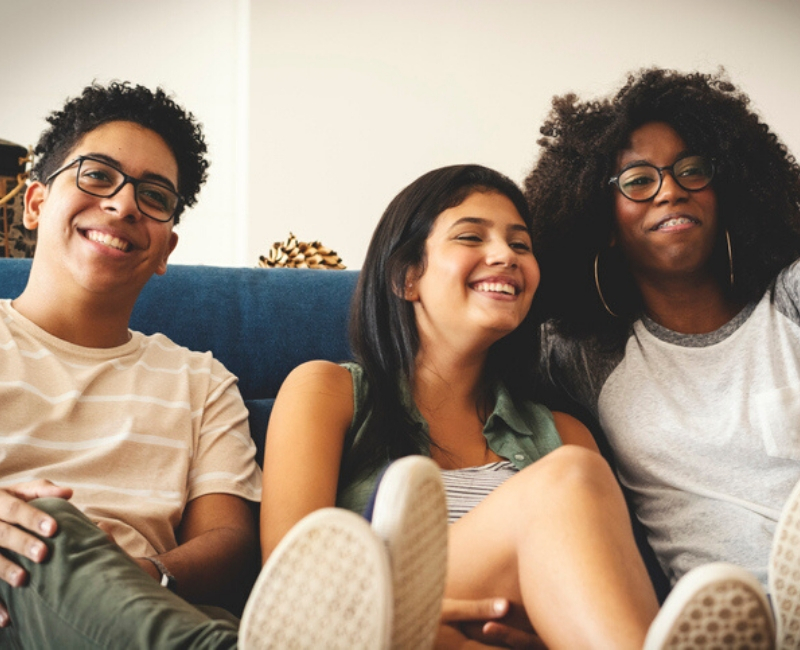
When you can wrangle them home for a family movie night, make it count!
TV and film:
Some Additional Resources for Parents

For parents looking to dive deeper before broaching the subject with their kids, here are some additional resources:
- Guidebook on Race and Racism
- First Book & Pizza Hut’s Digital Series On Race & Racism
- How To Talk With Children About Hate Speech
- The Conscious Kid Blog
- Hope and Hard Pills Podcast — “Educating Kids About Racism With Britt Hawthorne”
- Tools To Raise an Anti-Racist Generation
- 75 Things White People Can Do for Racial Injustice
- How To Talk to Your Kids About Race, Racism, and Police Violence

